Gardeners New Cross: A Comprehensive Guide to Green Spaces and Community
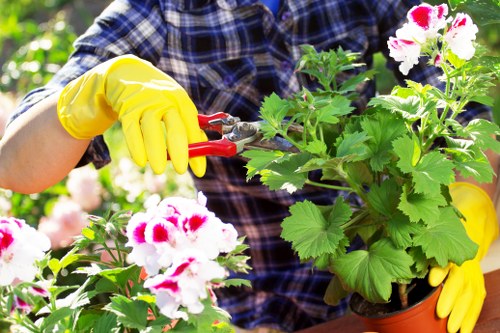
New Cross, located in the vibrant borough of Lewisham, London, is a haven for gardeners and nature enthusiasts. With its rich history and diverse community, New Cross offers numerous green spaces where both amateur and experienced gardeners can cultivate their passion.
Whether you're looking to start your own garden, join a community gardening project, or simply enjoy the beauty of well-maintained parks, Gardeners New Cross has something for everyone. This guide explores the best spots, resources, and tips for gardeners in the New Cross area.
From urban gardens to traditional allotments, New Cross provides a unique blend of gardening opportunities that cater to various interests and skill levels. Let's delve into what makes Gardeners New Cross a thriving community for all things green.
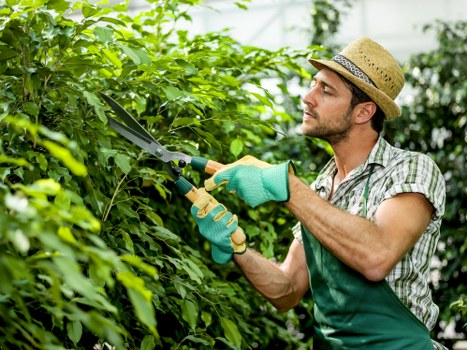
Top Green Spaces in New Cross
New Cross boasts several parks and gardens that are perfect for gardening enthusiasts. Here are some of the top green spaces you shouldn't miss:
- Hilly Fields: A stunning 55-acre park with panoramic views of London, ideal for leisurely walks and picnics.
- Richmond Park: Known for its vast landscapes and diverse flora, it offers ample space for gardening workshops.
- Lordship Wood: A peaceful woodland area providing a serene environment for nature lovers.
Each of these parks offers unique features that cater to different gardening needs, from community gardening projects to individual gardening plots.
In addition to these parks, there are numerous smaller gardens and green corners scattered throughout New Cross, each contributing to the area's green tapestry.
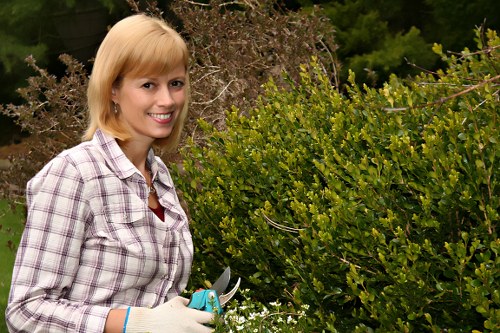
Community Gardening Projects
Community gardening is a significant aspect of Gardeners New Cross. These projects not only promote sustainable gardening practices but also foster a sense of community among residents.
One of the most notable projects is the New Cross Community Garden, where locals come together to grow vegetables, herbs, and flowers. This project offers workshops, resources, and a supportive environment for both beginners and seasoned gardeners.
Participating in community gardening projects provides numerous benefits, including access to shared tools, collective knowledge, and the opportunity to connect with fellow gardening enthusiasts.
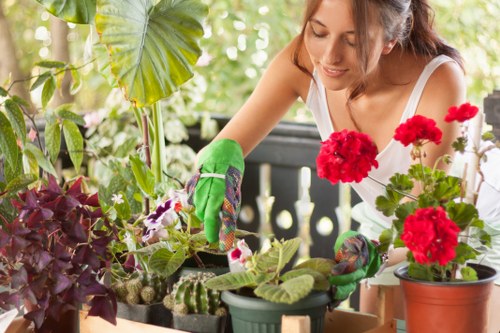
Gardening Resources and Workshops
Gardeners New Cross has access to a wealth of resources and educational workshops designed to enhance your gardening skills.
- Lewisham Council Gardeners: Offers grants and support for local gardening projects.
- Local Nurseries: Provide a variety of plants, tools, and expert advice tailored to the New Cross climate.
- Workshops: Regular sessions on topics such as organic gardening, composting, and seasonal planting.
These resources are invaluable for anyone looking to improve their gardening techniques or embark on new gardening ventures.
By leveraging these resources, gardeners in New Cross can achieve better results and enjoy a more fulfilling gardening experience.
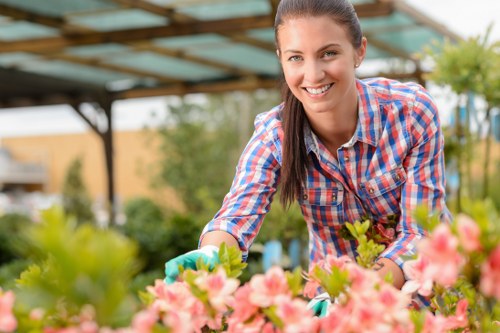
Best Times to Garden in New Cross
Understanding the local climate is crucial for successful gardening in New Cross. Here are the best times to plant and tend to your garden:
- Spring: Ideal for planting a variety of vegetables, flowers, and herbs as the weather warms up.
- Summer: Perfect for maintaining and harvesting plants, as well as starting new seeds indoors.
- Autumn: Great for planting bulbs, preparing your garden for winter, and composting.
- Winter: Focus on planning, pruning, and protecting plants from frost.
By aligning your gardening activities with the seasons, you can ensure healthy plant growth and a thriving garden year-round.
Additionally, New Cross's temperate climate allows for a diverse range of plants to flourish, making it a gardener's paradise.
Gardening Tips for New Cross Residents
Here are some essential tips to help you succeed in your gardening endeavors in New Cross:
- Soil Quality: Invest in good-quality soil or enrich your existing soil with compost to ensure healthy plant growth.
- Watering: Regularly water your plants, especially during dry spells, but avoid overwatering.
- Sunlight: Ensure your plants receive adequate sunlight based on their specific needs.
- Pest Control: Use natural pest control methods to protect your plants without harming the environment.
- Regular Maintenance: Prune, weed, and monitor your garden regularly to keep it healthy and vibrant.
Implementing these tips can significantly enhance the success and beauty of your garden in New Cross.
Remember, gardening is a rewarding activity that not only beautifies your surroundings but also contributes to your well-being.
Exploring Nearby Areas
While New Cross itself offers a plethora of gardening opportunities, exploring the nearby areas can further enrich your gardening experience. Here are some of the closest areas to New Cross that are worth visiting:
- Deptford: Just to the east, known for its historic markets and green spaces.
- Poundbury: Offers unique community gardens and sustainable gardening practices.
- Peckham: Features trendy urban gardens and vibrant community projects.
- Parsons Green: Known for its spacious parks and gardening clubs.
- Honor Oak: Offers scenic gardens and peaceful walking paths.
- Blackheath: Famous for its vast heathland and botanical diversity.
- Nunhead: Home to lovely local gardens and community initiatives.
- Lewisham The borough center, providing extensive gardening resources and events.
- Sydenham: Offers beautiful parks and horticultural societies.
- Forest Hill: Features historic gardens and educational gardening programs.
- Ladywell: Known for its tranquil gardens and nature reserves.
- South Bermondsey Offers modern urban gardens and innovative gardening spaces.
- Abney Park: Renowned for its Victorian cemetery gardens and botanical diversity.
- Surrey Quays: Features contemporary gardens and riverside green spaces.
- Clapham: Known for its extensive parks and active gardening communities.
Each of these areas brings its own unique charm and gardening opportunities, making them excellent destinations for Gardeners New Cross to explore and expand their gardening horizons.
Conclusion
Gardeners New Cross is a vibrant community with abundant resources, beautiful green spaces, and a supportive network for all gardening enthusiasts. Whether you're a beginner or an experienced gardener, New Cross offers everything you need to cultivate a thriving garden and connect with like-minded individuals.
By taking advantage of the local parks, community projects, and available resources, you can create a beautiful and sustainable garden that enhances both your life and the community around you.
Frequently Asked Questions
1. What are the best plants to grow in New Cross?
New Cross's temperate climate is suitable for a wide range of plants, including vegetables like tomatoes and lettuces, herbs such as basil and rosemary, and flowers like roses and daisies. It's essential to consider the local climate and soil conditions when selecting plants.
2. How can I join a community garden in New Cross?
To join a community garden in New Cross, you can contact local gardening projects like the New Cross Community Garden or reach out to the Lewisham Council for information on available plots and membership requirements.
3. Are there any gardening workshops available in New Cross?
Yes, there are several gardening workshops available in New Cross, offered by local nurseries, community centers, and organizations such as the Lewisham Council. These workshops cover various topics, from organic gardening to seasonal planting.
4. What resources are available for urban gardeners in New Cross?
Urban gardeners in New Cross have access to resources such as local nurseries, community gardens, gardening clubs, and educational workshops. Additionally, the Lewisham Council provides support and grants for gardening projects.
5. What are the benefits of community gardening?
Community gardening offers numerous benefits, including access to shared tools and resources, knowledge exchange, social connections, and the promotion of sustainable gardening practices. It also enhances the local environment and fosters a sense of community among participants.


